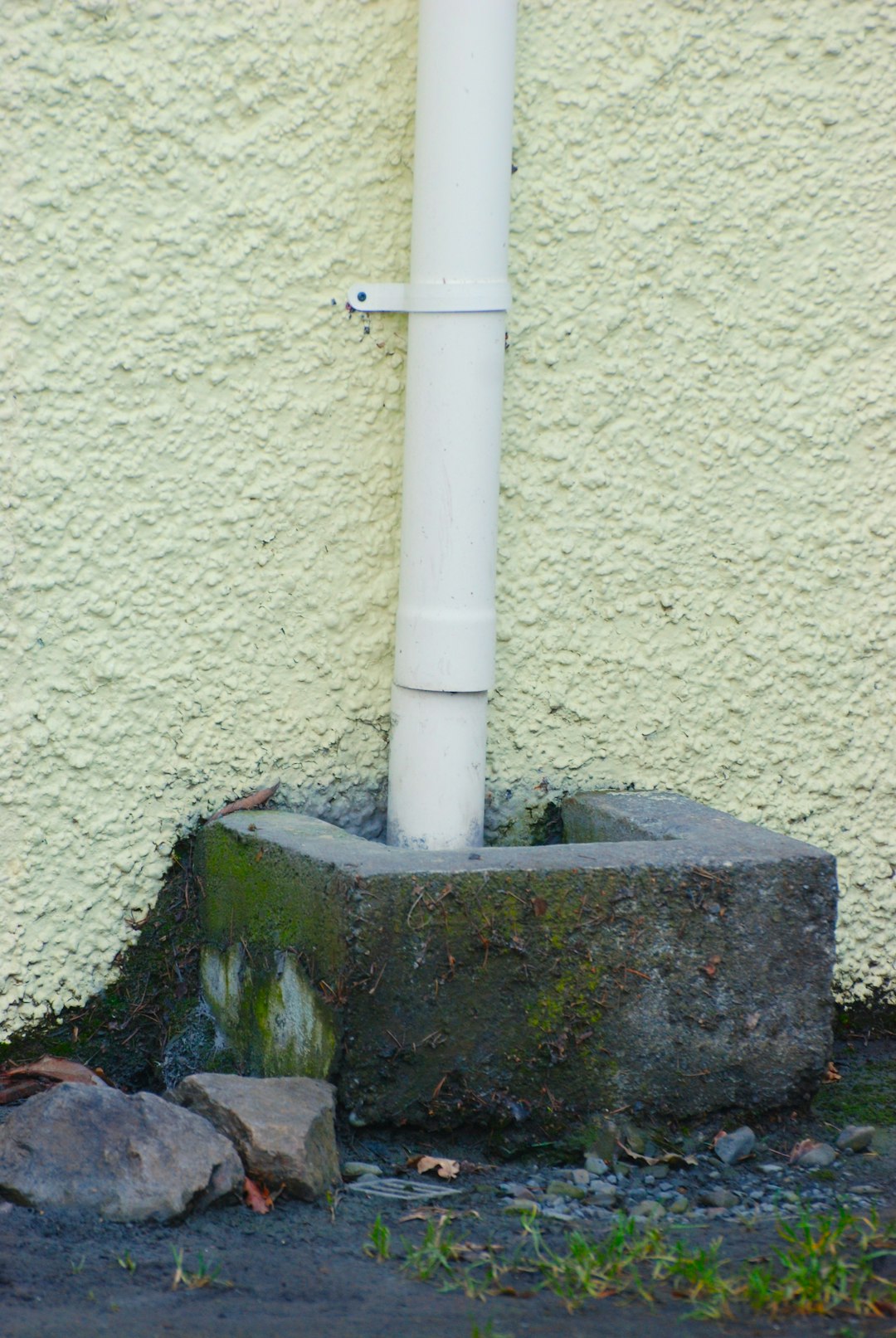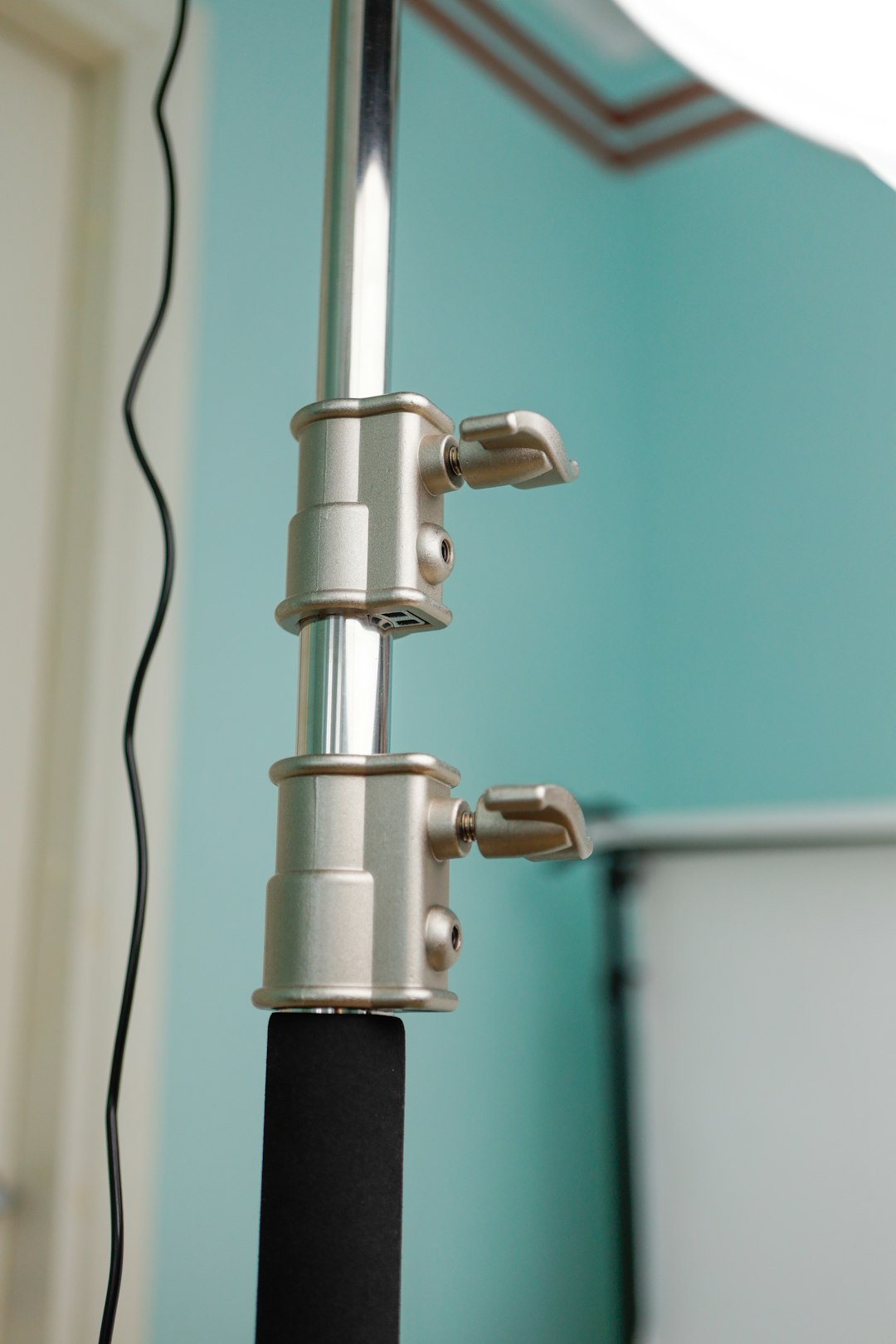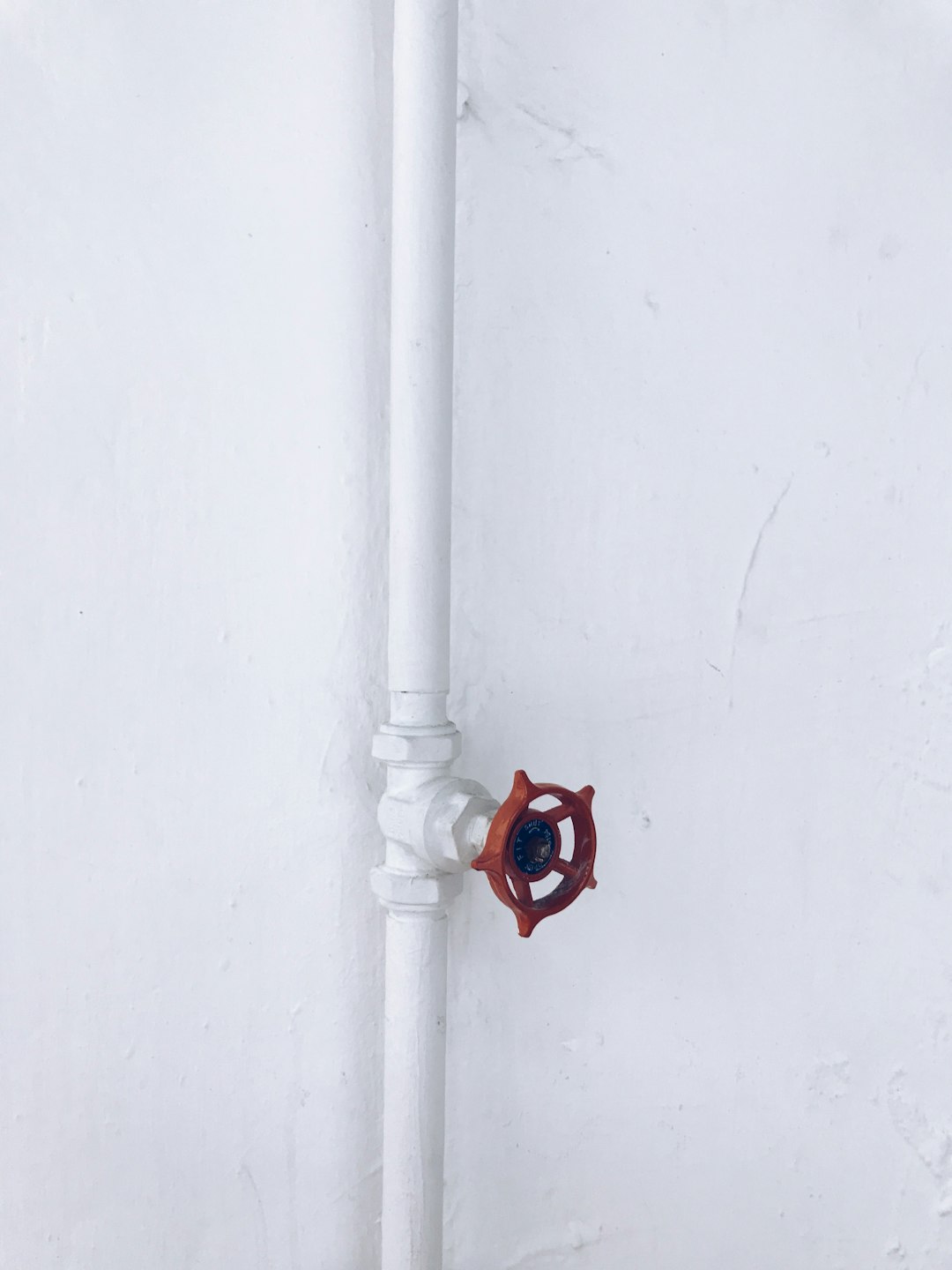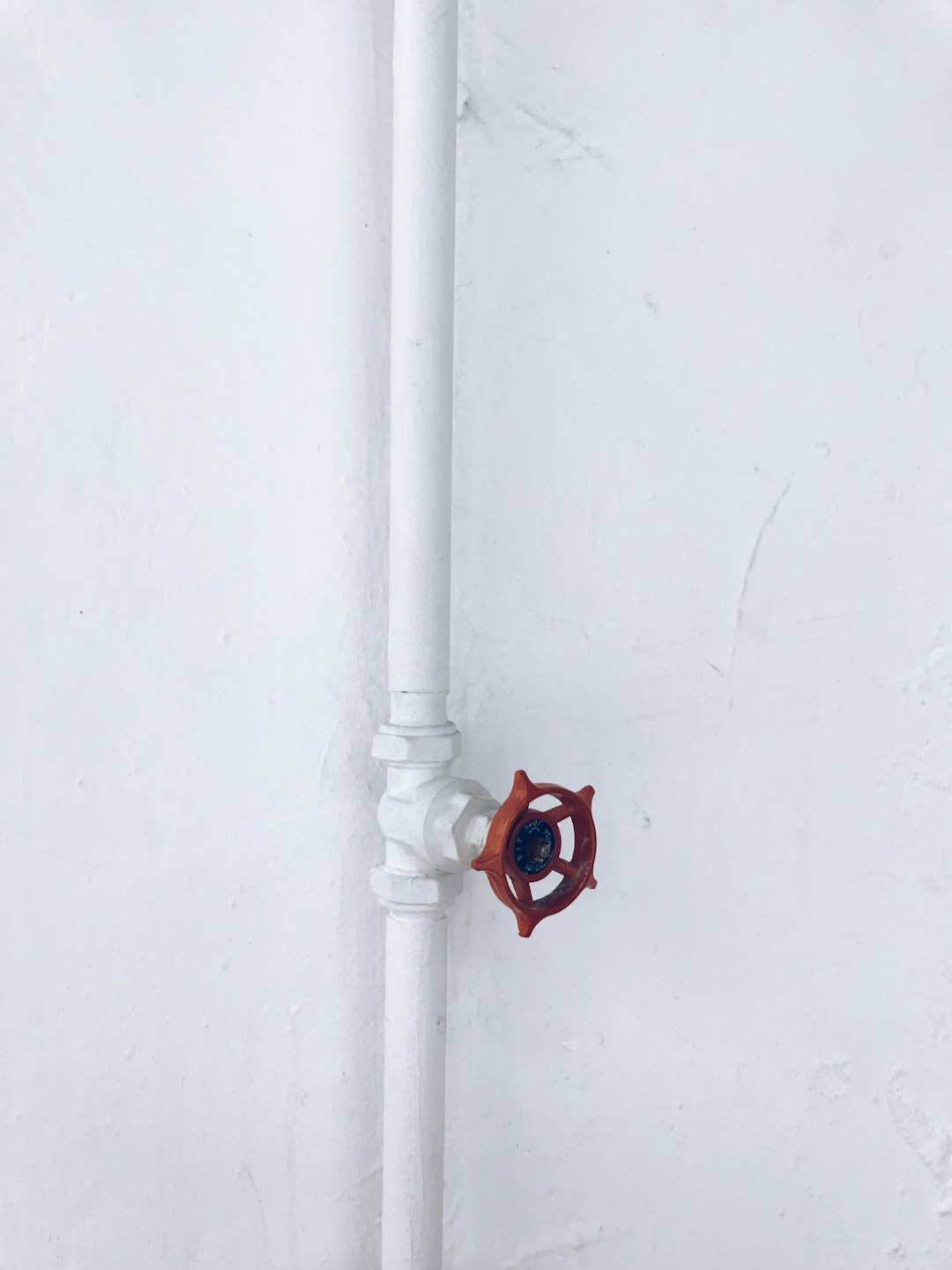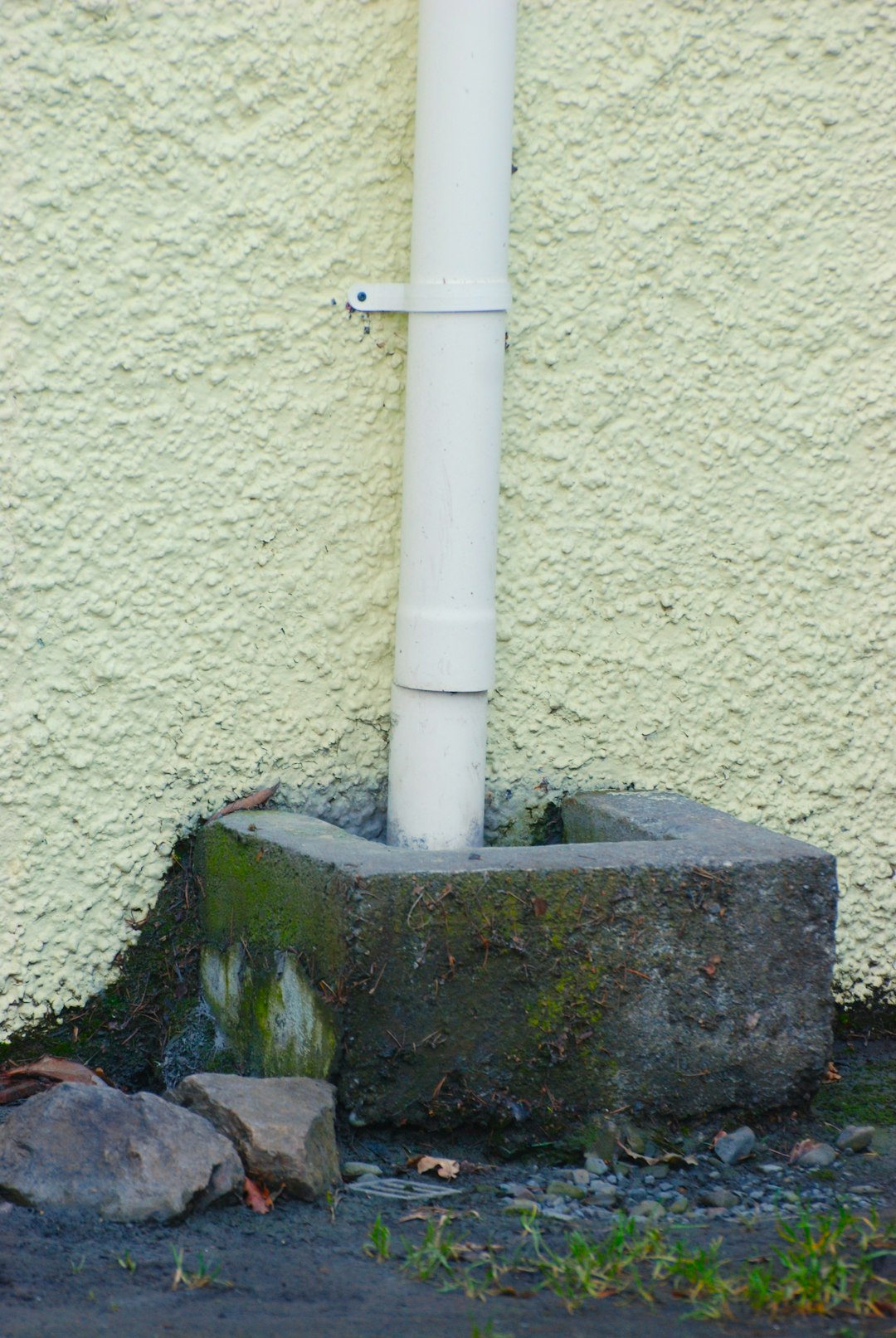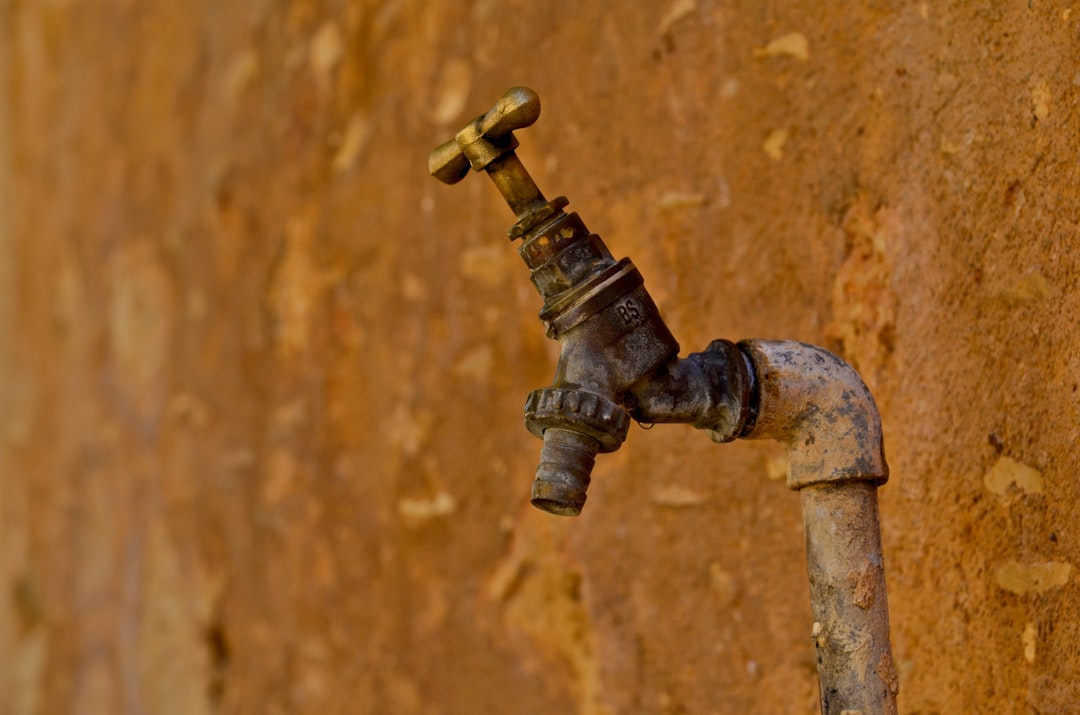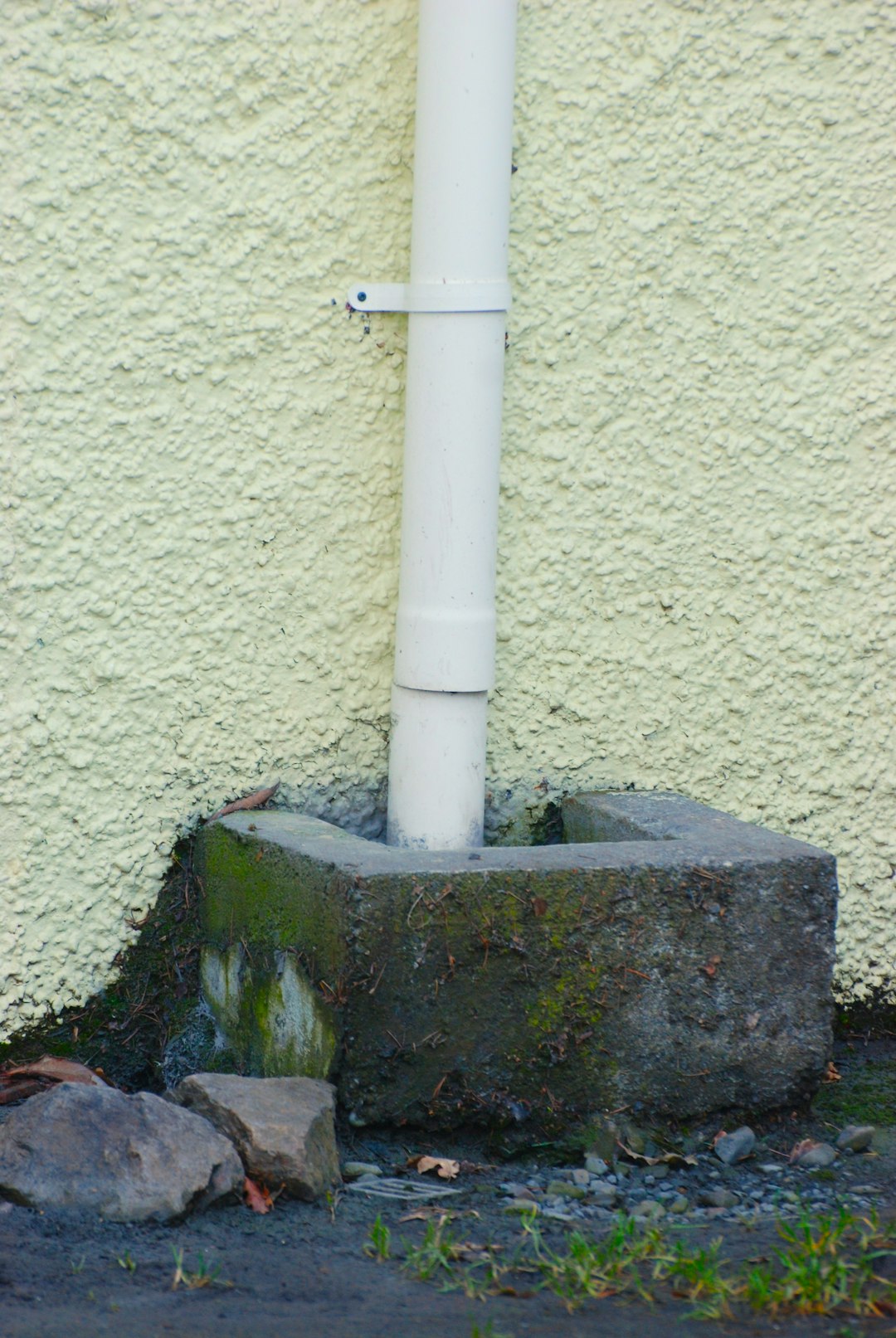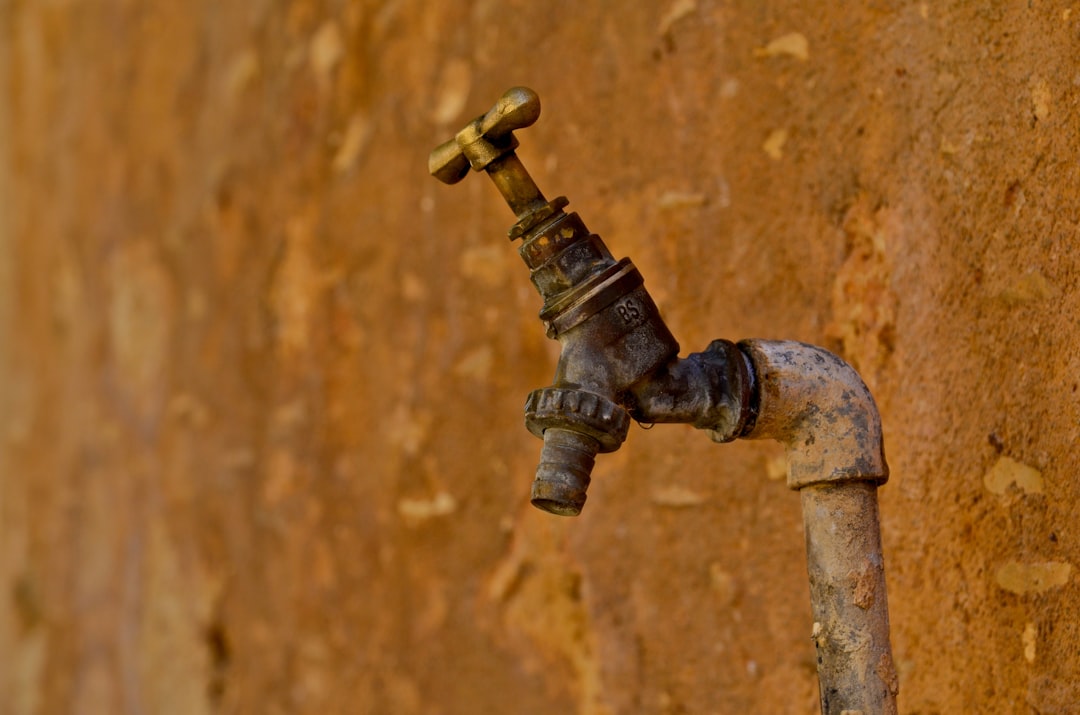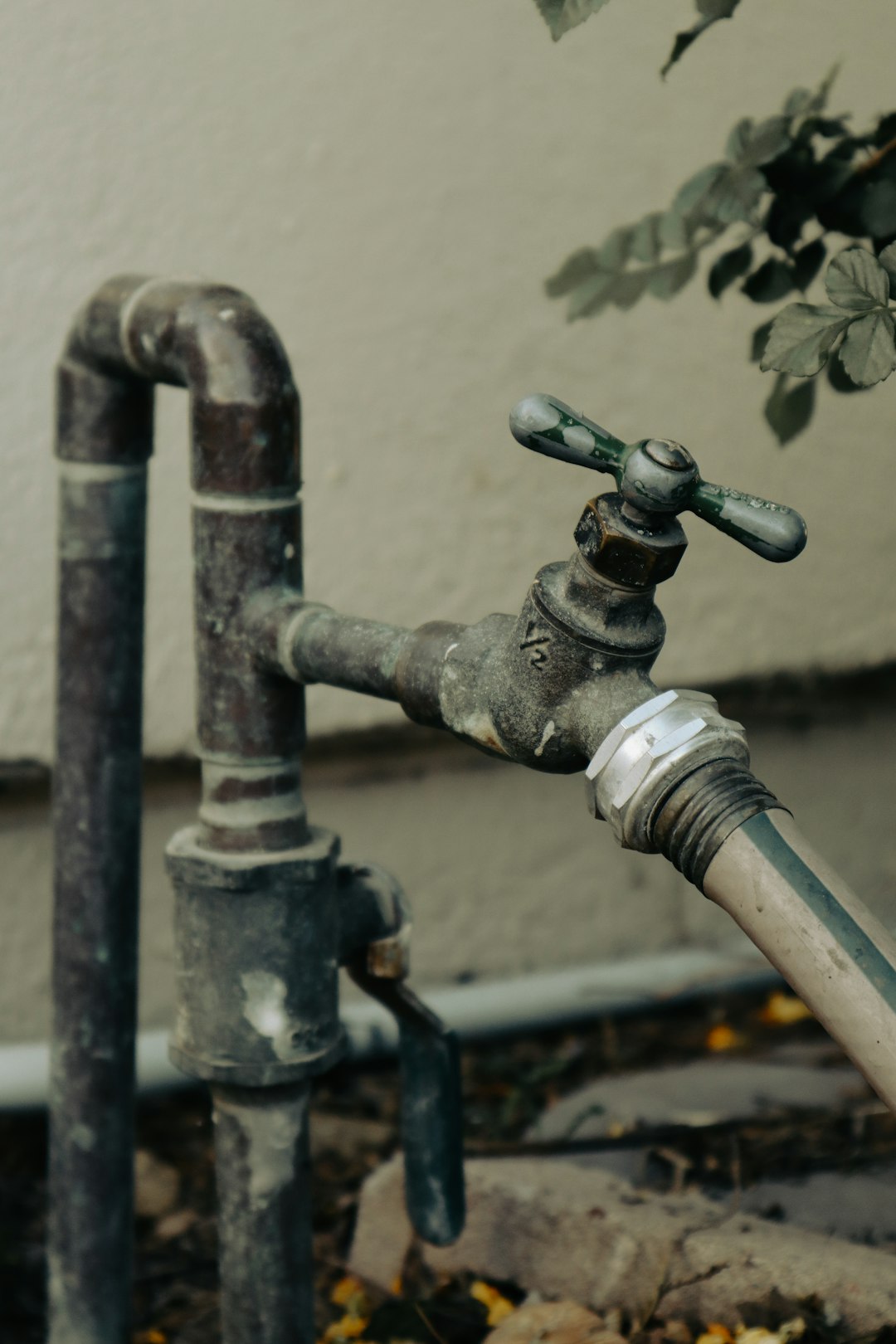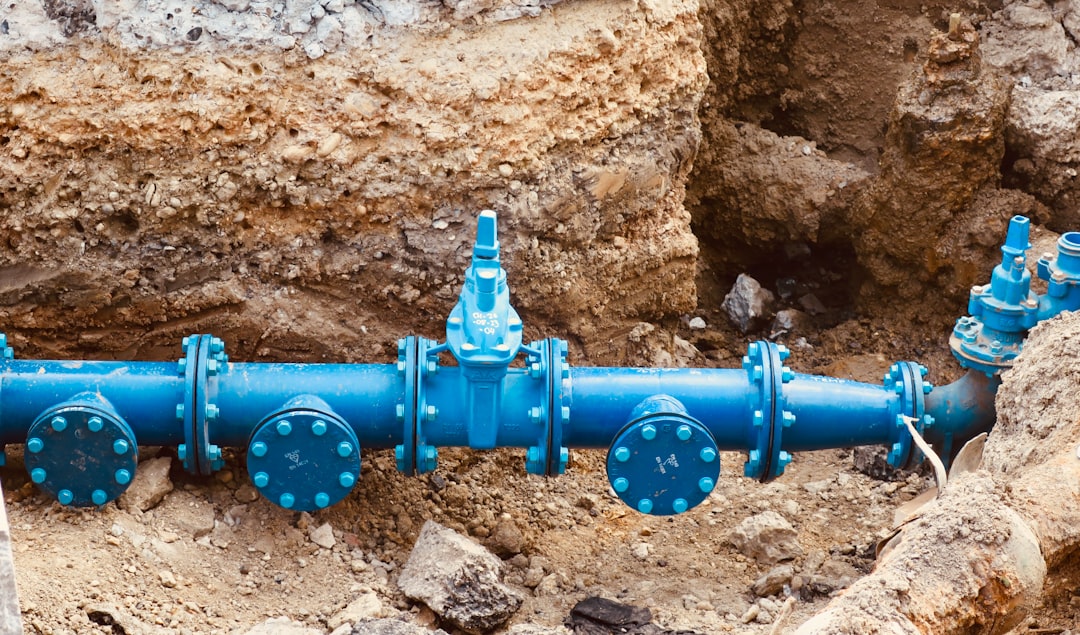Table of Contents
- Introduction
- Definition and roles of a journeyman plumber
- Definition and roles of a master plumber
- Requirements for journeyman plumbing certification
- Requirements for master plumbing certification
- Scope of work for journeyman plumbers in plumbing projects
- Advanced skills and responsibilities of master plumbers
- Job opportunities and career advancement for journeyman vs. master plumbers
- Importance of experience and ongoing education in plumbing careers
- Conclusion
- Frequently Asked Questions
Introduction
In the intricate world of plumbing, two roles stand out for their expertise and skills: the journeyman plumber and the master plumber. While both play essential parts in ensuring our piping systems function effectively, they each bring unique experiences and certifications to the table.
Understanding these differences is crucial, especially for homeowners, aspiring plumbers, or anyone intrigued by the plumbing profession.
From the foundational journeys of journeyman plumbers who navigate the complexities of systems to the advanced mastery and leadership showcased by master plumbers, the spectrum of knowledge and skill is vast and fascinating.
In this article, we aim to delve deeper into the pipeline of plumbing expertise, shedding light on what truly distinguishes a journeyman from a master plumber—highlighting the training, certifications, and responsibilities that shape their careers in this indispensable trade.
Join us as we explore these vital roles in the plumbing community and discover what it takes to ascend from a journeyman to a master plumber.
Definition and roles of a journeyman plumber
A journeyman plumber is a skilled tradesperson who has completed an apprenticeship program and is qualified to work independently in the plumbing field. This designation signifies that the individual has undergone extensive training and education, receiving hands-on experience under the supervision of a master plumber.
In general, a journeyman plumber is adept at installing, repairing, and maintaining plumbing systems, which include pipes, fixtures, and appliances. They possess the knowledge to understand blueprints and building codes, ensuring that installations comply with safety regulations.
Typically, journeyman plumbers may work on residential, commercial, or industrial plumbing projects, handling tasks such as troubleshooting leaks, unclogging drains, and installing water heaters. Additionally, they may collaborate with other construction professionals to complete various building projects efficiently.
Overall, the role of a journeyman plumber is crucial to the plumbing industry, as they help to ensure that water supply and drainage systems function properly, thereby contributing to public health and safety.
Definition and roles of a master plumber
A master plumber is a professional with advanced knowledge and extensive experience in the plumbing field, often holding a license that demonstrates their expertise. They have typically completed a significant apprenticeship and served as a journeyman plumber before achieving this status. Master plumbers are responsible for designing and installing plumbing systems, ensuring they meet local codes and regulations. They also specialize in troubleshooting complex plumbing issues that may be beyond the skillset of less experienced plumbers.
In addition to technical skills, master plumbers often manage teams of other plumbers or apprentices, providing guidance and training. Their role may involve overseeing multiple projects, estimating costs, and ensuring that work is completed efficiently and safely. Some master plumbers also choose to operate their own plumbing business, allowing them to have control over their work environment and client relationships. Overall, a master plumber plays a crucial role in maintaining the integrity and functionality of plumbing systems in residential, commercial, and industrial settings.
Requirements for journeyman plumbing certification
To become a certified journeyman plumber, applicants typically must meet several requirements that vary by location. Generally, a high school diploma or equivalent is necessary, as it provides foundational skills in math and science that are essential for plumbing tasks. Following this, aspiring plumbers usually enter an apprenticeship program that combines on-the-job training with classroom instruction. This apprenticeship often lasts four to five years and includes a specified number of hours working under a licensed plumber.
Upon completing the apprenticeship, candidates must pass a journeyman plumbing exam, which tests knowledge of plumbing codes, system installation, and repair techniques. Some regions may also require a certain number of continuing education hours to ensure that certified plumbers are up-to-date with current industry practices and regulations. Additional requirements might include background checks and proof of liability insurance. Overall, the journey to becoming a journeyman plumber is rigorous, ensuring that only qualified individuals can carry out plumbing work.
Requirements for master plumbing certification
To obtain master plumbing certification, candidates typically need to meet several requirements that vary by state or region. First and foremost, most jurisdictions require applicants to have a certain amount of practical experience as a journeyman plumber, often ranging from two to five years. This hands-on experience is critical as it ensures that the candidate has a thorough understanding of plumbing systems, codes, and regulations.
In addition to practical experience, aspiring master plumbers usually need to complete specialized training programs or courses that cover advanced plumbing theories, business management, and regulatory compliance. Many candidates also need to pass a comprehensive examination that tests their knowledge in areas such as plumbing design, installation practices, and local plumbing codes.
Furthermore, some states may require candidates to provide proof of liability insurance and a surety bond to ensure consumer protection. Continuous education may also be mandated to keep certification current and stay updated with the latest industry trends and safety standards.
Scope of work for journeyman plumbers in plumbing projects
The scope of work for journeyman plumbers encompasses a wide range of responsibilities within plumbing projects. They are skilled professionals who have completed their apprenticeship and are licensed to perform various plumbing tasks independently. A journeyman plumber’s duties typically include installing, repairing, and maintaining plumbing systems in residential and commercial buildings. This involves working with pipes, fixtures, and fittings to ensure proper water supply and sanitation.
Journeyman plumbers are also responsible for assessing plumbing issues, diagnosing problems, and determining the best course of action to resolve them. They may install water heaters, toilets, sinks, and tubs while adhering to building codes and safety regulations. In addition, they often collaborate with master plumbers and other tradespeople to complete larger projects.
Furthermore, journeyman plumbers must stay updated on the latest plumbing technologies and practices to enhance their skills and improve their work efficiency. Their practical experience enables them to troubleshoot issues effectively and provide high-quality service to clients.
Advanced skills and responsibilities of master plumbers
Master plumbers represent the pinnacle of the plumbing profession, distinguished by their advanced skills and extensive knowledge. They possess a deep understanding of complex plumbing systems, enabling them to design and implement intricate layouts that require critical thinking and problem-solving abilities.
In addition to their technical expertise, master plumbers often take on supervisory roles, overseeing journeymen and apprentices as they work on various projects. This involves not just instructing them but also ensuring that all work adheres to established codes and safety regulations.
Master plumbers are also responsible for maintaining quality control, which includes conducting inspections and troubleshooting issues that may arise during construction or renovation. Their experience allows them to anticipate potential problems before they occur, minimizing costly repairs and delays.
Furthermore, master plumbers are equipped to handle more specialized tasks such as installing advanced water purification systems or servicing complex commercial plumbing installations. This breadth of responsibility illustrates their vital role in the plumbing industry, emphasizing the importance of their advanced training and practical experience.
Job opportunities and career advancement for journeyman vs. master plumbers
Job opportunities for journeyman plumbers are generally plentiful, as they are in high demand for residential and commercial plumbing tasks. They are often employed by plumbing companies, construction firms, or may even choose to start their own businesses. With their required certification, journeymen can take on various projects, including installations and repairs, ensuring a steady workflow. However, while they enjoy numerous job prospects, their scope of work may be limited compared to master plumbers.
Master plumbers, on the other hand, have greater career advancement opportunities. Their advanced training and experience enable them to take on more complex projects, which often include managing larger teams, overseeing significant installations, and ensuring compliance with plumbing codes and regulations. Many master plumbers also choose to enter into teaching roles or become plumbing inspectors, expanding their career options even further. Additionally, as a master plumber, one might consider establishing a plumbing business that offers a wider range of services, contributing to better financial rewards.
Importance of experience and ongoing education in plumbing careers
Experience and ongoing education play crucial roles in enhancing the skills and knowledge of plumbing professionals. As a journeyman plumber gains hands-on experience, they develop a deeper understanding of various plumbing systems, troubleshooting techniques, and installation processes. This practical knowledge is invaluable, allowing them to tackle complex issues effectively and efficiently.
Moreover, the plumbing industry is constantly evolving due to advancements in technology, changes in building codes, and new eco-friendly practices. Ongoing education ensures that plumbers stay updated on these developments, making them more competitive in the job market. Many states require plumbers to complete continuing education courses to maintain their licenses, highlighting the importance of lifelong learning in this field.
Ultimately, a combination of experience and continuous education not only improves a plumber’s skill set but also enhances their career prospects. By staying informed and adapting to changes, plumbers can provide better service to their clients and contribute positively to public health and safety.
Conclusion
In summary, understanding the pipeline between journeyman and master plumbers equips both aspiring and current professionals with the insight needed to navigate their plumbing careers effectively. While journeyman plumbers play a vital role in executing fundamental plumbing tasks and ensuring systems run efficiently, master plumbers elevate the profession by tackling advanced challenges and overseeing complex projects. The path from journeyman to master is marked by dedication, ongoing education, and the accumulation of practical experience. For those contemplating a career in plumbing or needing professional assistance with plumbing issues, it’s essential to recognize the distinct roles within the industry. If you require expert plumbing services, don’t hesitate to call 573-555-2121 to get the help you need today!
